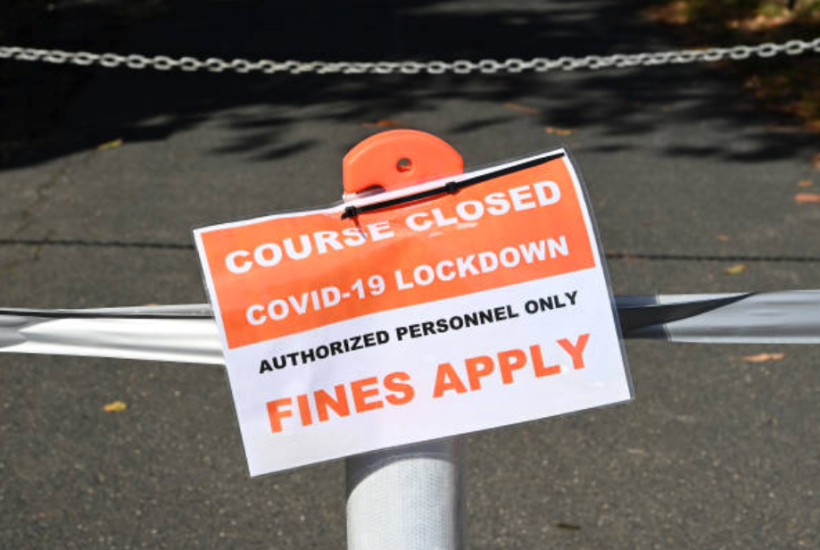The government needs to provide more details for their lockdown exit strategy. The lockdowns have isolated people, increased stress and uncertainty, while simultaneously removing the usual support mechanisms to ensure people remain healthy during difficult times.
A recent online survey conducted by YouGov found that not seeing family (77 per cent) and not seeing friends (71 per cent) are causing Australians the most stress during the COVID-19 crisis.
These isolation stressors topped concerns such as paying bills (60 per cent) and the possibility of losing one’s job (49 per cent).
The YouGov survey also found some disturbing lifestyle trends – with 27 per cent of respondents saying they aren’t eating as healthily as before, and 35 per cent exercising less.
We must balance the suffering and loss from COVID-19 with the profound mental, physical and psychological damage caused by prolonged isolation.
This is undoubtedly an excruciating choice. But — because the government chose to lock down the economy and our lives to fight the virus — it is the choice we now face.
The psychological damage could be minimised if the government started to give people some hope.
We are simultaneously being told that we are ‘flattening the curve’, but not being provided any indication of when restrictions might be lifted.
Although the federal government is planning on easing restrictions on elective surgeries, and New South Wales is planning on slowly re-opening schools – there are still too many unknowns. Is the government’s goal to eradicate or suppress the virus? Will they consider easing restrictions once new cases reach a certain number?
The federal government says it will be at least six months, whereas the NSW Premier has said lockdowns won’t be removed until a vaccine is available — which could be at least 18 months away, perhaps longer, perhaps never. This uncertainty will only increase anxiety.
It has been argued that we need a “coronavirus end game” to ensure businesses can plan and the economy can come out of hibernation — an endgame will also help people psychologically, because the negative impacts of prolonged isolation are well known.
Last year the Australian Institute of Health and Welfare published a report on social isolation and loneliness.
The report found social isolation — which occurs when we have minimal contact with others — has been linked to a range of damaging outcomes from poor mental health, premature death, an increase in smoking, and a decrease in physical activity.
The AIHW suggests the risks of social isolation can be reduced by volunteering, engaging is sports and the community. The lockdowns and new public health orders have ensured these activities are currently banned.
Communicative technologies such as Zoom, and FaceTime have somewhat alleviated isolation. The ability to work from home and interact with family and friends is better than nothing.
However, we shouldn’t overestimate what the technology can achieve because there is no replacement for face to face interaction.
All these seemingly mundane activities are vitally important to our development and to building and maintaining healthy relationships.
Preventing people from seeing their loved ones — coupled with the stress of economic pressures — will create a mental health crisis.
Monica Wilkie is a policy analyst at the Centre for Independent Studies.
Got something to add? Join the discussion and comment below.
Got something to add? Join the discussion and comment below.
Get 10 issues for just $10
Subscribe to The Spectator Australia today for the next 10 magazine issues, plus full online access, for just $10.


























Comments
Don't miss out
Join the conversation with other Spectator Australia readers. Subscribe to leave a comment.
SUBSCRIBEAlready a subscriber? Log in